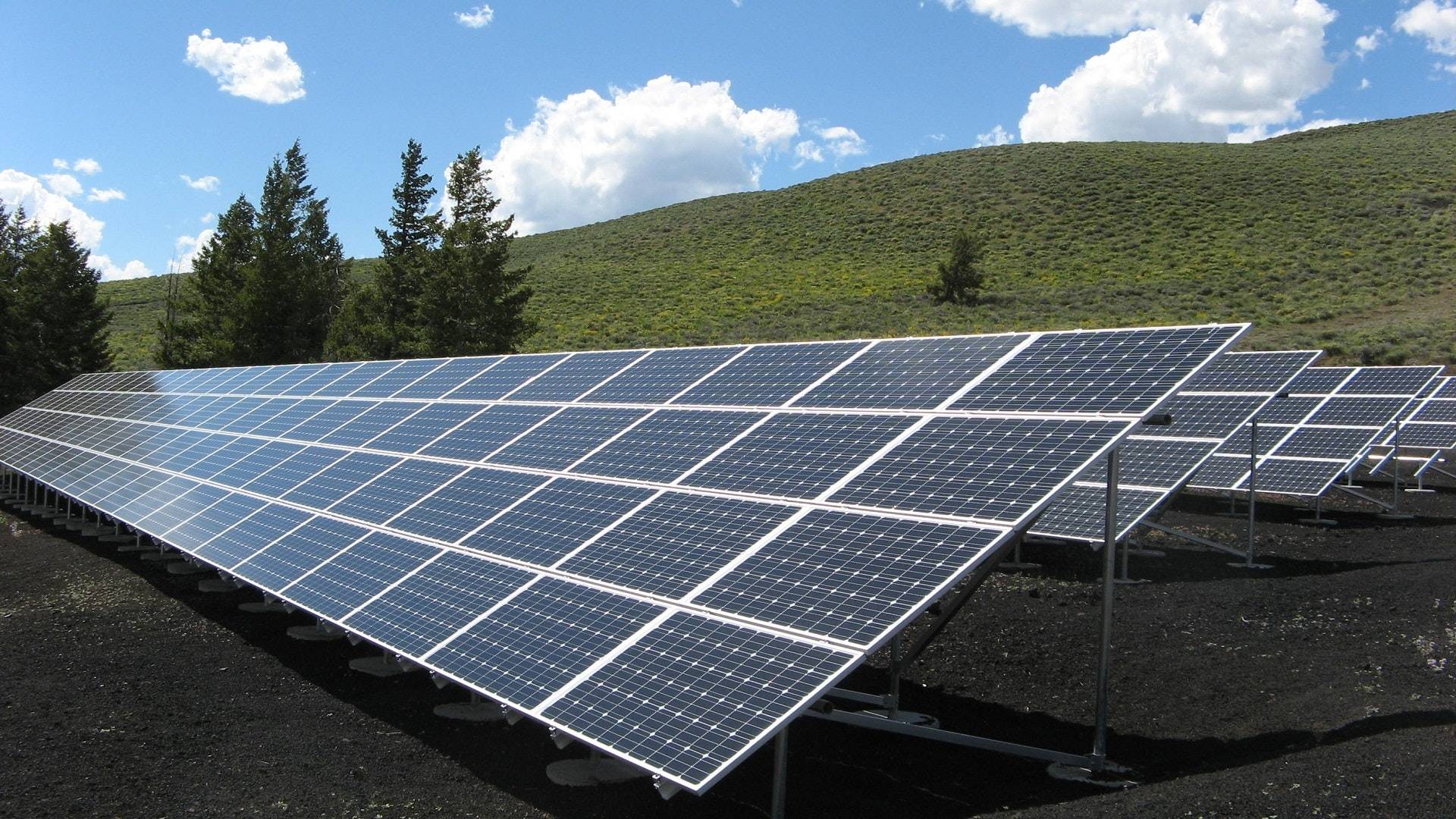In the ever-evolving landscape of renewable energy, the demand for efficient and reliable battery solutions is paramount. The introduction of lithium-ion solar batteries has revolutionized energy storage, particularly as they replace traditional options like GYLL LiFePO4 batteries. This article will explore the advantages of lithium-ion solar batteries, specifically the 6 kWh 48 Volt 120Ah model, and how it enhances performance and reliability in solar energy systems.
Understanding Lithium-Ion Solar Batteries
Lithium-ion solar batteries are designed to store energy generated from solar panels, providing a reliable power source for residential and commercial applications. Unlike traditional lead-acid or even some lithium iron phosphate (LiFePO4) batteries, lithium-ion technology offers superior energy density, efficiency, and longevity.
Key Features of the 6 kWh 48 Volt 120Ah Lithium-Ion Battery
1. High Energy Density
Wholesale lithium golf cart batteries with 10-year life? Check here.
One of the standout features of the 6 kWh 48 Volt 120Ah lithium-ion battery is its high energy density. This characteristic allows it to store more energy in a smaller footprint compared to GYLL LiFePO4 batteries. With an energy density typically ranging from 150 to 250 Wh/kg, this battery can effectively meet the energy demands of various applications without occupying excessive space.
2. Lightweight Design
Want OEM lithium forklift batteries at wholesale prices? Check here.
Weighing significantly less than traditional battery options, the lithium-ion solar battery facilitates easier installation and reduces the overall weight burden on mounting structures. This lightweight design is particularly beneficial for rooftop installations where structural integrity is a concern.
3. Longer Lifespan
The lifespan of a lithium-ion battery far exceeds that of conventional options. The 6 kWh 48 Volt 120Ah model can provide up to 5,000 cycles, compared to approximately 2,000 cycles for GYLL LiFePO4 batteries. This extended cycle life translates into lower replacement costs and reduced environmental impact over time.
4. Faster Charging Times
Lithium-ion technology allows for faster charging compared to traditional batteries. The 6 kWh lithium-ion battery can be fully charged in approximately 3 to 5 hours, depending on the solar input and system configuration. This rapid charging capability ensures that users can quickly replenish their energy supply during sunny days.
Advantages Over GYLL LiFePO4 Batteries
While GYLL LiFePO4 batteries have been a popular choice for solar applications due to their safety and stability, lithium-ion solar batteries present several advantages:
1. Improved Efficiency
Lithium-ion batteries generally offer higher round-trip efficiency—often exceeding 95%—compared to around 80-90% for GYLL LiFePO4 batteries. This means that more of the stored energy can be utilized effectively, maximizing the benefits of solar power.
2. Enhanced Temperature Tolerance
Lithium-ion technology exhibits better performance across a wider temperature range. While GYLL LiFePO4 batteries perform well in moderate conditions, lithium-ion batteries maintain efficiency even in extreme temperatures, making them suitable for diverse climates.
3. Greater Depth of Discharge (DoD)
The depth of discharge refers to how much of the battery’s capacity can be used without adversely affecting its lifespan. Lithium-ion batteries typically allow for a DoD of up to 90-100%, while GYLL LiFePO4 batteries are generally limited to around 80% DoD. This feature provides users with more usable energy from their battery systems.
Applications for Lithium-Ion Solar Batteries
The versatility of the 6 kWh 48 Volt 120Ah lithium-ion battery makes it suitable for various applications:
1. Residential Solar Systems
Homeowners can benefit significantly from integrating this battery into their solar setups, allowing them to store excess energy generated during the day for use during peak hours or at night.
2. Off-Grid Living
For those living off-grid or in remote areas, this lithium-ion solar battery provides a reliable power source that can sustain essential appliances and devices without relying on external power sources.
3. Backup Power Solutions
In regions prone to power outages, utilizing a lithium-ion solar battery as part of a backup system ensures that critical devices remain operational during emergencies.
Latest News in Lithium-Ion Battery Technology
Recent advancements in lithium-ion technology have focused on enhancing safety features and increasing energy density while reducing costs:
- New manufacturing techniques are being developed that promise to lower production costs while maintaining high performance.
- Research is ongoing into alternative materials that could further improve battery efficiency and sustainability, addressing concerns related to resource availability.
Data Chart: Comparison Between Lithium-Ion Solar Battery and GYLL LiFePO4 Battery
| Feature | Lithium-Ion Solar Battery | GYLL LiFePO4 Battery |
|---|---|---|
| Energy Density | 150 – 250 Wh/kg | 90 – 160 Wh/kg |
| Cycle Life | Up to 5,000 cycles | Approximately 2,000 cycles |
| Charging Time | 3 – 5 hours | 5 – 10 hours |
| Round-Trip Efficiency | >95% | 80 – 90% |
| Depth of Discharge (DoD) | Up to 90-100% | Around 80% |
FAQs About Lithium-Ion Solar Batteries
What is the expected lifespan of a lithium-ion solar battery?
The expected lifespan is typically around 5,000 cycles, depending on usage patterns and environmental conditions.
How does temperature affect lithium-ion battery performance?
Lithium-ion batteries perform well across a wide temperature range but may experience reduced efficiency at extreme temperatures compared to other chemistries.
Can I use a lithium-ion solar battery with my existing solar system?
Yes, as long as your inverter is compatible with lithium-ion technology, you can integrate it into your existing solar setup.
Conclusion
In conclusion, replacing GYLL LiFePO4 batteries with a 6 kWh 48 Volt 120Ah lithium-ion solar battery offers significant advantages in terms of performance, efficiency, and longevity. As renewable energy solutions continue to evolve, investing in advanced technologies like lithium-ion batteries will enhance energy management capabilities and contribute positively to sustainable practices.For customized lithium solutions tailored specifically to your needs—whether for residential or commercial applications—contact Redway Battery today for a quick quote!







